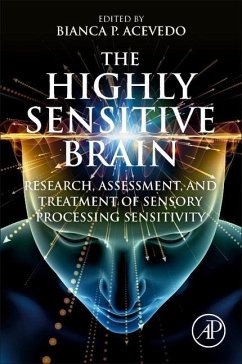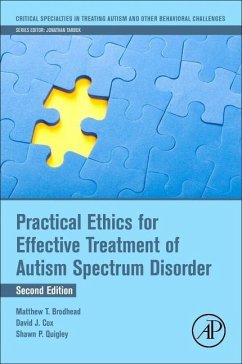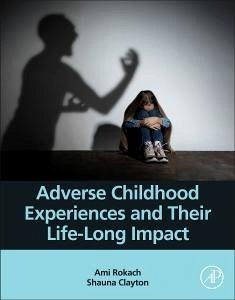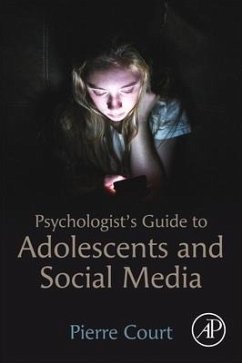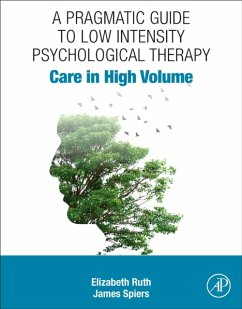
A Pragmatic Guide to Low Intensity Psychological Therapy
Care in High Volume

PAYBACK Punkte
73 °P sammeln!
With the rapidly growing demand for mental health care there is a need for efficient and effective psychological treatment options. Low Intensity Psychological Therapy has become well established in the England Improving Access to Psychological Therapies (IAPT) programme as a beneficial and versatile treatment option for mild-moderate symptoms of depression and anxiety. A Pragmatic Guide to Low Intensity Psychological Therapy: Care in High Volume, provides a guide to Low Intensity Psychological Therapy from the perspective of the Low Intensity Practitioner. This book describes the Low Intensit...
With the rapidly growing demand for mental health care there is a need for efficient and effective psychological treatment options. Low Intensity Psychological Therapy has become well established in the England Improving Access to Psychological Therapies (IAPT) programme as a beneficial and versatile treatment option for mild-moderate symptoms of depression and anxiety. A Pragmatic Guide to Low Intensity Psychological Therapy: Care in High Volume, provides a guide to Low Intensity Psychological Therapy from the perspective of the Low Intensity Practitioner. This book describes the Low Intensity role as part of a multi-disciplinary approach to psychological care. The authors use a series of case vignettes, personal experience and current literature to help navigate the context of the role and its potential for ethical and safe expansion.






